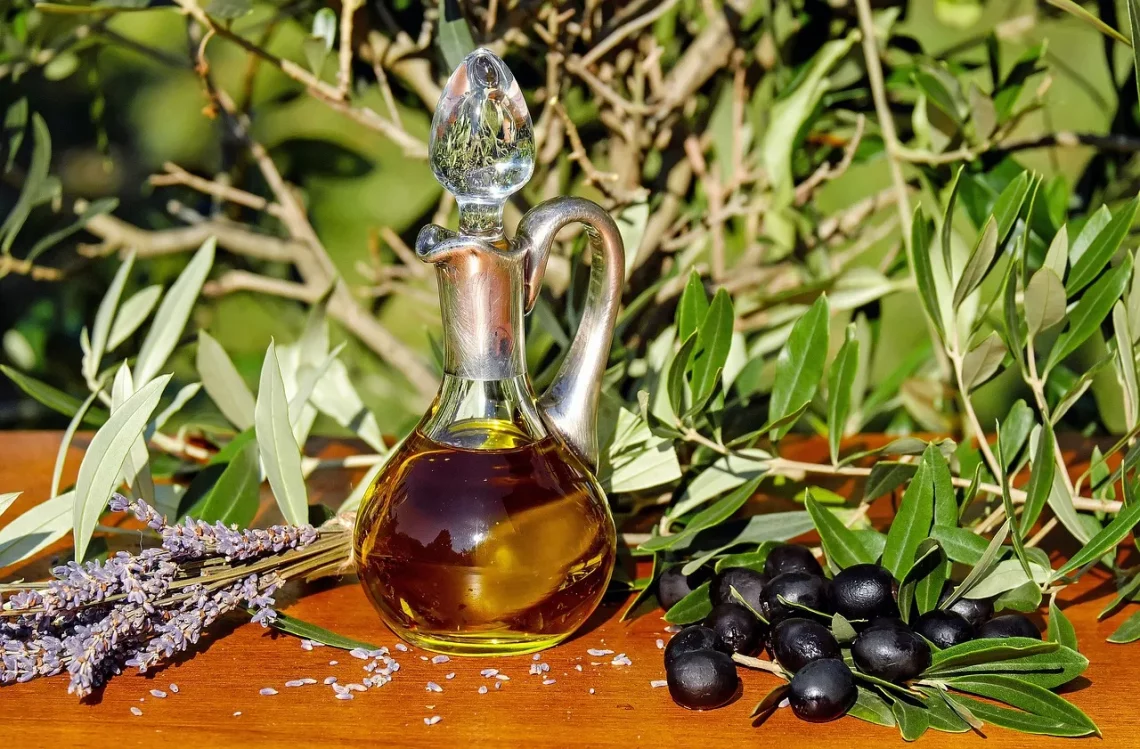
Essential Oils for Burns: Natural Remedies for Fast Relief
Burns are a common injury that can occur in various situations, whether it’s from cooking accidents, sun exposure, or even chemical exposure. They can range from mild to severe and often lead to discomfort, pain, and skin damage. Many people seek quick relief from the symptoms associated with burns, such as redness, swelling, and irritation. While traditional treatments like over-the-counter creams and medications exist, an increasing number of individuals are turning to natural remedies for a gentler and more holistic approach to healing.
Essential oils, in particular, have gained popularity for their potential therapeutic properties. Extracted from various plants, these oils contain concentrated compounds that can offer a myriad of benefits, including anti-inflammatory, analgesic, and antiseptic properties. Utilizing essential oils for burns not only provides relief but can also promote faster healing of the skin without the harsh chemicals often found in commercial products.
The use of essential oils can be traced back to ancient civilizations, where they were revered for their medicinal and aromatic qualities. Today, they are widely integrated into aromatherapy, natural skincare, and holistic health practices. As awareness of the potential benefits of essential oils continues to grow, more people are exploring their role in first aid, particularly in the management of burns.
In this exploration of essential oils for burns, we will delve into some of the most effective oils, how they can be used safely, and the potential benefits they offer for those seeking natural relief from burn injuries.
Top Essential Oils for Burn Relief
When it comes to choosing essential oils for burn relief, several stand out due to their unique properties. Lavender, tea tree, and chamomile essential oils are particularly renowned for their soothing and healing capabilities.
Lavender essential oil is perhaps the most popular choice for burns. Its calming scent is not only relaxing but also offers anti-inflammatory and analgesic properties that can help alleviate pain and reduce swelling. Lavender oil has been shown to promote faster healing of skin injuries, making it a go-to remedy for minor burns. To use lavender oil, simply dilute a few drops in a carrier oil, such as coconut or jojoba oil, and gently apply it to the affected area.
Tea tree oil, known for its antiseptic properties, can be beneficial for preventing infection in burn wounds. It contains compounds that can help fight bacteria and promote healing. However, it’s important to dilute tea tree oil properly before applying it to the skin, as it can be quite potent. Mixing a few drops with a carrier oil or incorporating it into a soothing balm can provide an effective remedy for burns.
Chamomile essential oil is another excellent option for burn relief. It is well-known for its anti-inflammatory and calming properties. Chamomile can help soothe the skin, reduce redness, and promote healing. Applying diluted chamomile oil to the burn can create a cooling sensation that eases discomfort.
Each of these essential oils can serve as a powerful ally in the natural treatment of burns, but it is essential to use them safely and effectively.
How to Safely Use Essential Oils on Burns
Using essential oils for burns can be highly effective, but safety should always be a priority. Here are some essential guidelines to follow when applying these oils to burns.
First and foremost, always dilute essential oils before application. Essential oils are highly concentrated, and applying them directly to the skin can cause irritation or adverse reactions, especially on damaged skin. A safe dilution ratio is typically around 2-3 drops of essential oil per teaspoon of carrier oil. Carrier oils, such as coconut oil, olive oil, or sweet almond oil, not only help to dilute the essential oil but also offer additional moisturizing benefits.
Before applying any essential oil to a burn, it is wise to conduct a patch test on a small area of skin. This is particularly important for individuals with sensitive skin or those who have never used a particular essential oil before. Apply a small amount of the diluted oil to the inner forearm and wait for 24 hours to see if any irritation occurs.
Another crucial step is to ensure that the burn is cool and clean before applying any oil. For minor burns, running cool water over the affected area for several minutes can help reduce heat and soothe the skin. Once the area is cool and dry, you can gently apply the diluted essential oil using clean hands or a sterile cotton pad.
It’s also important to avoid using essential oils on severe burns, such as third-degree burns, which require immediate medical attention. In such cases, consult a healthcare professional for proper care and treatment.
By following these safety guidelines, you can harness the healing power of essential oils while minimizing the risk of irritation or complications.
Benefits of Using Essential Oils for Burn Treatment
The benefits of using essential oils for burn treatment are numerous, ranging from pain relief to enhanced healing properties. One of the most significant advantages is the natural anti-inflammatory effect that many essential oils possess. Reducing inflammation can lead to less pain and swelling, allowing the affected individual to feel more comfortable during the healing process.
In addition to their anti-inflammatory properties, many essential oils also have analgesic effects. This means they can help to alleviate pain associated with burns, providing much-needed relief. Oils like lavender and chamomile not only ease physical discomfort but also promote relaxation, which can be beneficial for those dealing with anxiety or stress related to their injury.
Moreover, essential oils often possess antiseptic properties, which can help protect burn wounds from infection. By minimizing the risk of bacterial growth, essential oils can contribute to a cleaner healing environment, ultimately leading to faster recovery.
Another benefit of using essential oils is their versatility. Many essential oils can be blended together to create customized remedies tailored to individual needs. For example, combining lavender and chamomile can enhance the soothing effects, while adding tea tree oil can boost antibacterial protection.
Finally, essential oils offer a holistic approach to healing. Unlike many commercial products that may contain synthetic ingredients, essential oils are derived from natural sources, making them a preferable choice for those seeking more organic and eco-friendly solutions.
Overall, incorporating essential oils into your burn treatment routine can provide a range of benefits that support both physical healing and emotional well-being.
Conclusion: Embracing Natural Remedies for Burns
In conclusion, essential oils offer a promising natural alternative for treating burns, providing effective relief from pain, inflammation, and the risk of infection. With popular choices like lavender, tea tree, and chamomile essential oils, individuals can harness the power of nature to promote healing without the harsh chemicals often found in conventional treatments.
However, it is crucial to use essential oils safely by diluting them properly and conducting patch tests, especially when dealing with sensitive skin or injuries. For minor burns, these natural remedies can provide comfort and support the body’s healing processes, while severe burns should always be treated by a medical professional.
As the interest in natural remedies continues to grow, exploring essential oils for burns can be a valuable addition to your first aid toolkit. By embracing these natural solutions, individuals can take proactive steps toward caring for their skin and overall well-being.
**Disclaimer**: This article is for informational purposes only and should not be considered medical advice. For health-related issues, always consult a qualified healthcare provider.




